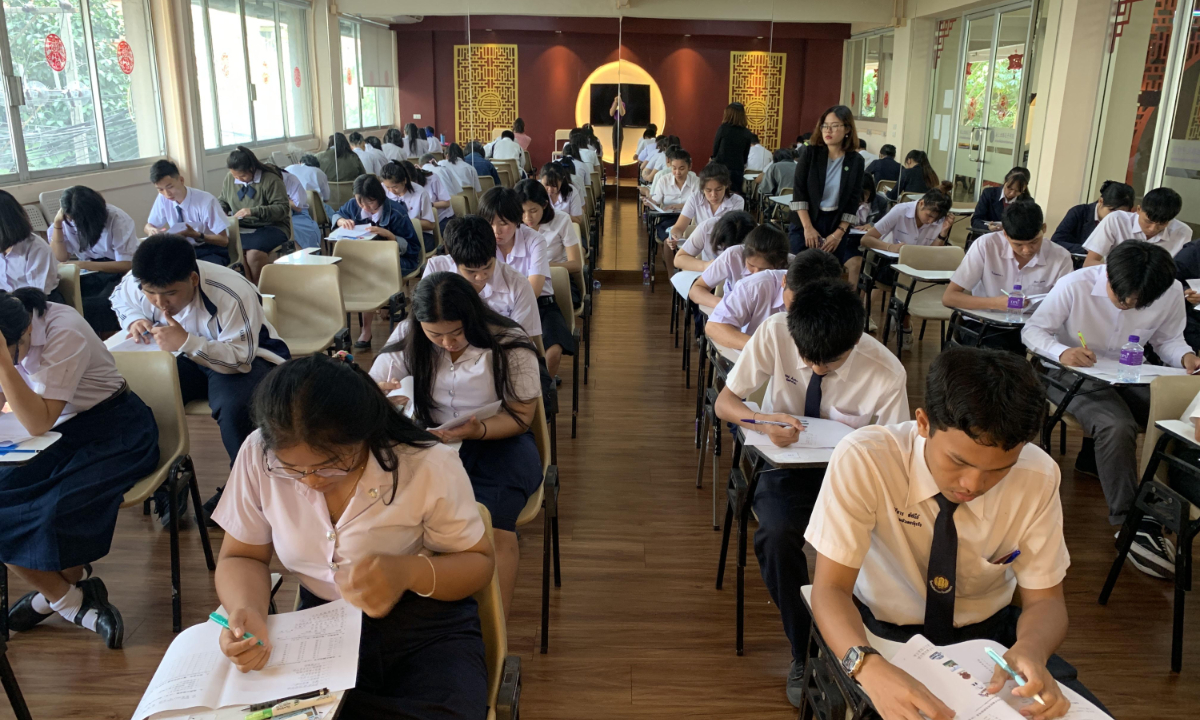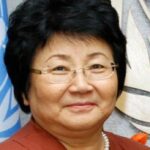“Seek knowledge even if you have to go as far as China.”
When the idea of going to China for further study came to then-young Indonesian sinologist Novi Basuki a decade ago, he was discouraged by many of his relatives. Basuki told the Global Times that his parents, however, quoted the above popular adage from the Prophet Muhammad, the founder of Islam, to support their son’s decision.
Born in the 1990s, Basuki gained an undergraduate degree in Chinese education at Huaqiao University, and a postgraduate degree in international relations at Xiamen University in East China’s Fujian Province. He later went to the China-ASEAN Research Institute at Guangxi University as a visiting scholar.
Now he has chosen to put his love, understanding and expectations for China into his own work by becoming a researcher at the China Research Center in Indonesia, which especially values the economic, cultural and language education exchanges brought by the 21st-Century Maritime Silk Road under China’s Belt and Road Initiative (BRI).
‘An open land’
The young sinologist told the Global Times that he was born and raised on a small island in a village located at an altitude of about 1,200 meters above sea level.
“Most of the people in my village are farmers, and they are very religious Islamic believers in Indonesia.”
After Basuki graduated from middle school he entered a pesantren, an Islamic boarding school that teaches classical Islamic texts. During his time at the school, he came into contact with the Chinese language for the first time in classes taught by teachers from China.
“I was lucky because decades ago, and even now, Chinese teachers were not that common in Indonesia. During that period of time I dealt with Chinese almost every day for three years, before I applied for a scholarship to study in China.”
Basuki told the Global Times that, for many reasons better left to history, his decision was not favored by most of his relatives at the very beginning including his uncle, for whom it was “a strange thing to study in China,” but with the insistence of his parents, the decision was finally made.
As an outsider, he believes that his biggest insight into the country is that China chose to open to the world and it “has done a great job.”
“It is an open land. China was poorer than many Asian countries before the reform and opening-up, but how did it change so greatly in a short 40-year period of time? The answer is the reform and opening-up,” he said.
“In my last 10 years of communication with people from different fields, I see China has become a very open-minded country, which means people there are willing to learn from the rest of the world. And this is how to change one’s fate,” he added.
Basuki said that Indonesia is also facing an opportunity for international cooperation, especially China-Indonesia cooperation under the BRI.
He also believes that in addition to boosting the economy, this operation has also brought cultural exchanges and massive job offers for locals in Indonesia.
Booming language market
In 2013, a new “Maritime Silk Road” was established by the Chinese government with the aim of strengthening maritime cooperation with ASEAN countries and creating a trade and infrastructure network that connects Asia with Europe and Africa along ancient trade route over the sea.
For Basuki, the strategy “coincides with Indonesian President Joko Widodo’s promise to turn Indonesia into a global maritime axis. These two highly compatible development plans are very much in line with the national interests of both sides, and both of us should make active efforts toward it.”
According to data from the Indonesian Investment Coordinating Board, China’s investment of 2.66 billion dollars in Indonesia from 2014 to 2020 ranks third among all investments in this country, while cooperation included e-commerce and infrastructure construction.
“On the one hand, such investment has brought a large number of job opportunities for local people; on the other hand, many people wouldn’t notice but such investments also boost the expanding of Chinese language education market in Indonesia since bilingual talents are needed in companies.”
Looking back, since 2010, when the first Confucius Institute at the University of Al-Azhar in Jakarta was established, a total of six Confucius Institutes have been established, opening up a new paradigm for Chinese education in Indonesia.
In order to achieve more targeted and precise language talent training, earlier in 2022, a project called “Chinese language plus vocational skills” was introduced to more than 100 vocational colleges in Indonesia through the cooperation of the Center for Language Education and Cooperation and the ASEAN-China Centre. Besides teaching Chinese, the project also carried out industrial training including logistics, e-commerce and computer networking in China.
Although not without challenges, the market for Chinese learning in Indonesia is still bright.
“The cost of inviting teachers from China is relatively high. This is also one of the reasons for the shortage of teachers,” Basuki said.
“This is a problem we need to solve. But after all, economic cooperation and cultural exchanges brought about by the Belt and Road Initiative are unstoppable,” he added.













